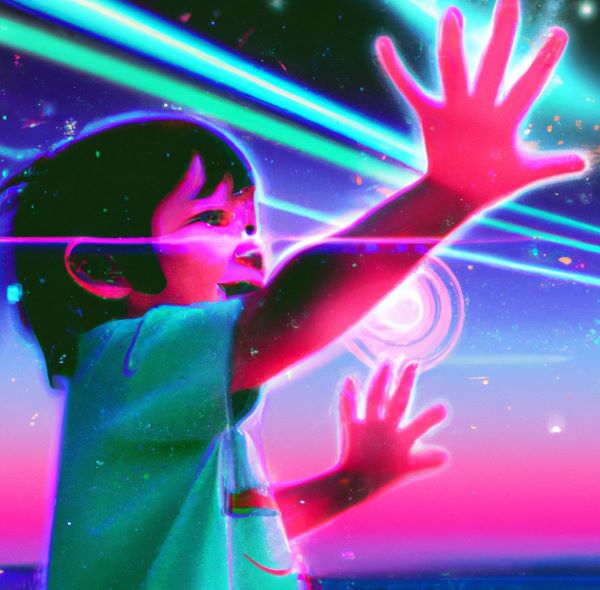The Secret to Happiness?
By Nahida Islam
Is there any secret to happiness? Or is it something unidentifiable? Or can it be explained by the relative theory of Einstein?
Like, when we are beside a person we love, we can’t feel the time passing, but then we can’t survive the boring lecture of our least favorite teacher.
Maybe or maybe not.
Maybe it’s just me, you, or us and our perception towards our needs and achievements.
Children can be happy by just a small toy or a candy we bought for them.
Why can’t we, the adults, also be?
Do we ever think about this?
Yes, I can hear the answer. We aren’t children anymore. We have lots of issues to take care of.
But the reality is every adult, at least once in a lifetime, has thought of becoming a child again if they could get the chance.
It’s not like we want to become small again; it’s the feelings we want to feel again. We want that absolute happiness a child has.
That bring us to the question, why are children so happy?
Isn’t it obvious that children are happy because their hearts are the purest without the burden of what others think? They can be happy with only the tiniest thing they own or get. Their thoughts are the simplest. They don’t mind what other people are thinking of them.
Maybe these ideas could be the secret to happiness, appreciating everything we have, even the tiniest ones. The answer to a difficult question is not always a complex one. It could be so simple that we just ignored it.
Also, we’re more focused on the heights of our achievements and forget to appreciate the ones we have. We’re more focused on reaching our goals like we’re in a 100-meter sprint. We’re just running, forgetting everything around us.
Will it matter when we’ve reached the heights, taken the time to look around us, and found none to share the joy with? We leave everything and everyone behind us, thinking these would only slow us down.
We see life as a competition. If we want to go further, we must be better than others. We feel like, why would we give a hand to the people who fall behind and help them rise so that they can compete with us? No, we can’t do that. Life is a battlefield. Survival of the fittest.
Is it, really?
Or is it just our selfish thoughts?
A question can arise here: Is competition bad?
It’s necessary to force ourselves forward to advance our civilization. There are billions of people, so we must be competitive to make our presence be felt.
If we take the above statement into account, wouldn’t it be better to compete with oneself?
What was I yesterday, and what am I today? Is there any positive change I made to myself? Am I better than yesterday? Isn’t it the simplest answer?
Comparing our successes to others’ achievements and thinking about societies’ perceptions of us only sickens us to the point where we fall into a pit of depression.
In this competitive life, we hurt each other; we hate each other.
Hate isn’t the answer: It’s simply the villain of our happiness. It consumes our thoughts and time and spreads negativity like we’ve been bitten by a venomous snake. Only we’ll feel the pain.
Forgiveness is the antivenom here. We should forgive others for us to be healthy – not for them.
Forgiveness brings the love we need.
This statement brings us back to the child happiness theory. Keep the heart positive, appreciate what we have, and cherish the people around us.
Happiness isn’t that difficult.
As we want people to be selfless towards us, so should we be to them. It’s the simple secret to happiness, isn’t it?
The Author
Nahida Islam is a PhD student at Chonnam National University in Gwangju. She is an introvert who always dreams of a world full of love and care. She does not think about achievement and cherishes the way to each destination. A country girl from Bangladesh, she should not be here, but she is.





